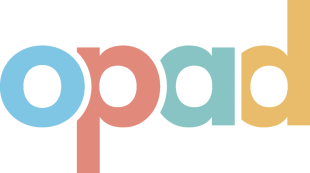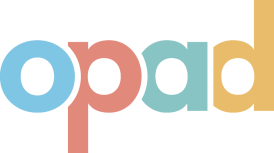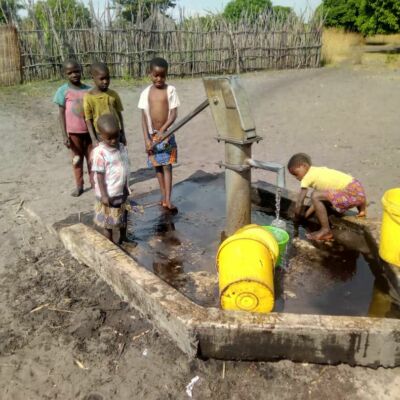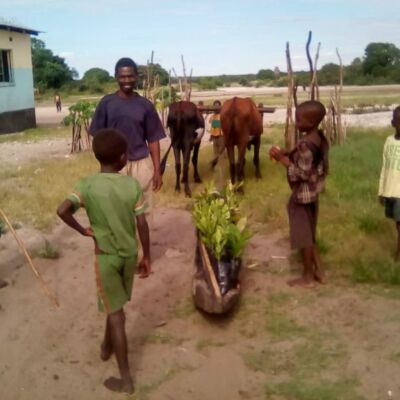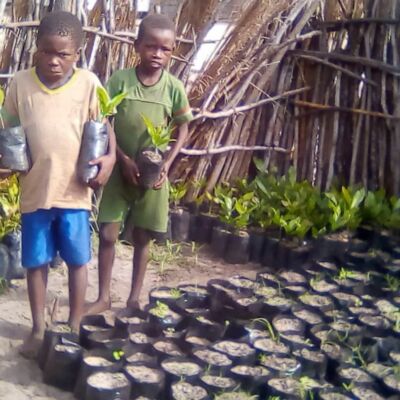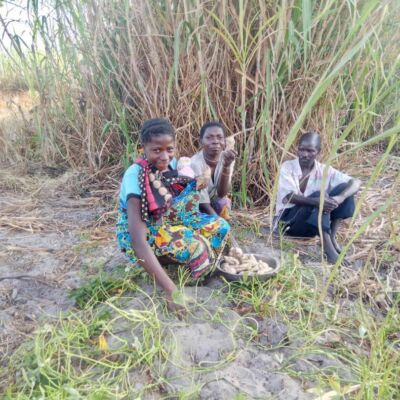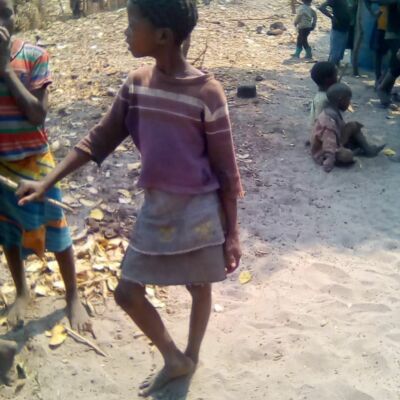
Insuring Clean Water in South Africa: A Path to Sustainable Development
The Organization for Poverty Alleviation and Development (OPAD) is committed to tackling poverty and promoting sustainable development. In this article, we will explore the critical link between poverty alleviation and access to clean water in South Africa. By addressing the water crisis and ensuring clean water for all, we can make significant strides towards reducing poverty and improving the lives of millions of people.
The Water Crisis and Poverty: Access to clean water is a fundamental human right, yet millions of people in South Africa lack this basic necessity. This section highlights the impact of the water crisis on poverty, as inadequate access to clean water exacerbates existing socio-economic inequalities. We discuss how poverty and lack of clean water create a vicious cycle, hindering education, health, and economic opportunities for individuals and communities.
The Water Crisis and Poverty: Access to clean water is a fundamental human right, yet millions of people in South Africa lack this basic necessity. This section highlights the impact of the water crisis on poverty, as inadequate access to clean water exacerbates existing socio-economic inequalities. We discuss how poverty and lack of clean water create a vicious cycle, hindering education, health, and economic opportunities for individuals and communities.
Health and Sanitation: Clean water is essential for maintaining good health and preventing the spread of diseases. In this section, we explore the health implications of inadequate access to clean water in South Africa. We discuss the increased risk of waterborne diseases, such as cholera and diarrhea, and the disproportionate impact on vulnerable populations, particularly children and the elderly. We also emphasize the importance of proper sanitation facilities in reducing health risks and improving overall well-being.
Education and Economic Opportunities: Access to clean water is closely linked to education and economic opportunities. This section highlights how the lack of clean water affects children’s education, as they often have to spend hours fetching water instead of attending school. We also discuss the impact on livelihoods, as communities without clean water struggle to engage in income-generating activities and agricultural practices. By ensuring clean water, we can create an enabling environment for education and economic empowerment.
Sustainable Solutions: Addressing the water crisis requires sustainable solutions that go beyond short-term fixes. This section explores the importance of water conservation, infrastructure development, and community engagement in ensuring long-term access to clean water. We discuss the role of technology and innovation in improving water management, such as rainwater harvesting systems and water purification techniques. Additionally, we emphasize the need for capacity building and knowledge sharing to empower communities in managing their water resources effectively.
Collaborative Efforts: Tackling the water crisis and alleviating poverty requires collaborative efforts from various stakeholders. This section emphasizes the importance of partnerships between governments, non-profit organizations, private sectors, and local communities. By working together, we can leverage resources, expertise, and knowledge to implement sustainable solutions and create lasting impact.
Access to clean water is not only a basic human right but also a crucial step towards poverty alleviation and sustainable development. OPAD is dedicated to addressing the water crisis in South Africa by advocating for policy reform, implementing sustainable solutions, and fostering collaborative partnerships. By ensuring clean water for all, we can break the cycle of poverty, improve health and education outcomes, and create opportunities for economic empowerment.
Join us in our mission to insure clean water in South Africa and make a meaningful difference in the lives of those affected by poverty.
